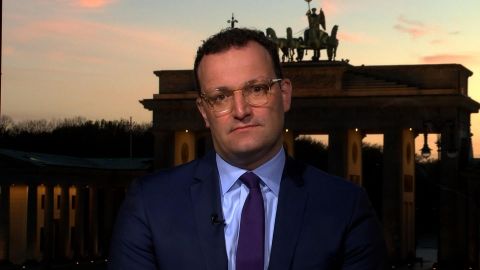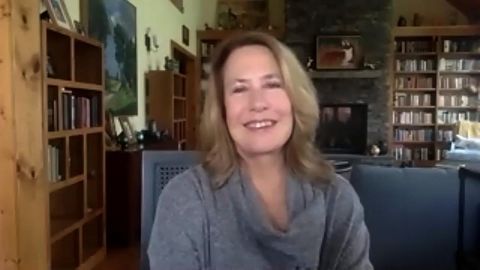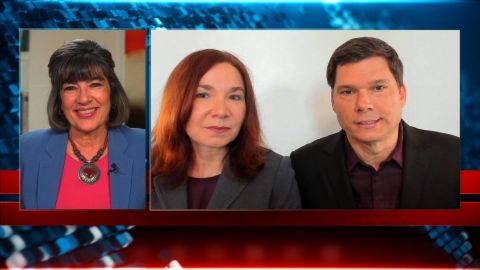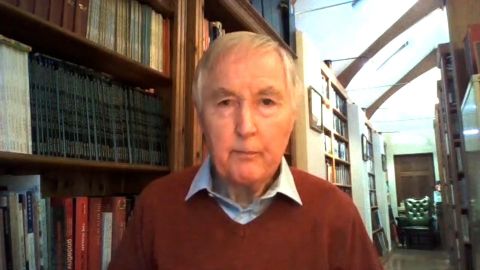Read Transcript EXPAND
CHRISTIANE AMANPOUR: You know, it’s really interesting, because Gorbachev obviously had been asked this question many times. Who ended it? Did you? Did Reagan? And I remember, on one of the major anniversaries, he wrote an op-ed in “The New York Times” or somewhere saying that it took both of us. Without him, I couldn’t have done it. Without me, he couldn’t have done it. But I want to ask you about the really interesting linchpin, the go- between, which was your boss at the time, Prime Minister Margaret Thatcher, the U.K. prime minister, the Iron Lady, as the Soviet dubbed her. You were called to her country place, Chequers, to discuss this new leader, right? Give us a sense of what you discussed with Margaret Thatcher then.
ARCHIE BROWN, AUTHOR, “THE HUMAN FACTOR”: Well, she has lots of seminars, similar party seminars. I was involved in three government seminars. The foreign secretary was there. The defense secretary was there the first time as well. And one of the strengths of Margaret Thatcher was that she really did her homework. She worked incredibly hard to understand the countries and problems she was dealing with. And that was especially true in relations with the Soviet Union. And so she read a lot of papers before the seminar. Before she met Gorbachev, she would read his speeches. And she interrogated us. We wrote papers. The foreign secretary, Geoffrey Howe, in his memoirs said that she was unusually restrained in listening to the experts and not interrupting them.
(LAUGHTER)
BROWN: Poor Geoffrey Howe couldn’t put a sentence through before she interrupted him. But she did actually listen to us, because we had useful information for her, and we weren’t any kind of possible threat to her, the way that her ministers might be perceived to be.
AMANPOUR: And that sort of started changing the world, because it was Margaret Thatcher, as you recount and as history remembers, who said — I think I’m paraphrasing — I like Mr. Gorbachev, I can do business with him. She liked him. Ronald Reagan adored her and was willing to trust her, right? I mean, how did she persuade the staunchly anti-communist President Reagan, who had made all these very, very strong statements and speeches against the Soviet Union?
BROWN: Well, the fact that he considered her to be a soul mate — I mean, he many times he referred to her as a soul mate. Both ideologically and politically, they saw eye to eye. And she couldn’t be regarded as soft in communism. She was as much a hard-liner historically as he had been. So she had a lot of influence, as long as Ronald Reagan was in the White House. And that made her all the more important an interlocutor for Gorbachev, though she had a direct influence on him to. She — by the very bigger of her arguments, she helped him to realize how Soviet policy had been perceived in Western Europe.
About This Episode EXPAND
Christiane speaks with German Health Minister Jens Spahn, climate scientist Katharine Hayhoe, Pastor Andrew Farley, and historian Archie Brown. Sheela Kolhatkar speaks with former FDIC chair Sheila Bair.
LEARN MORE



